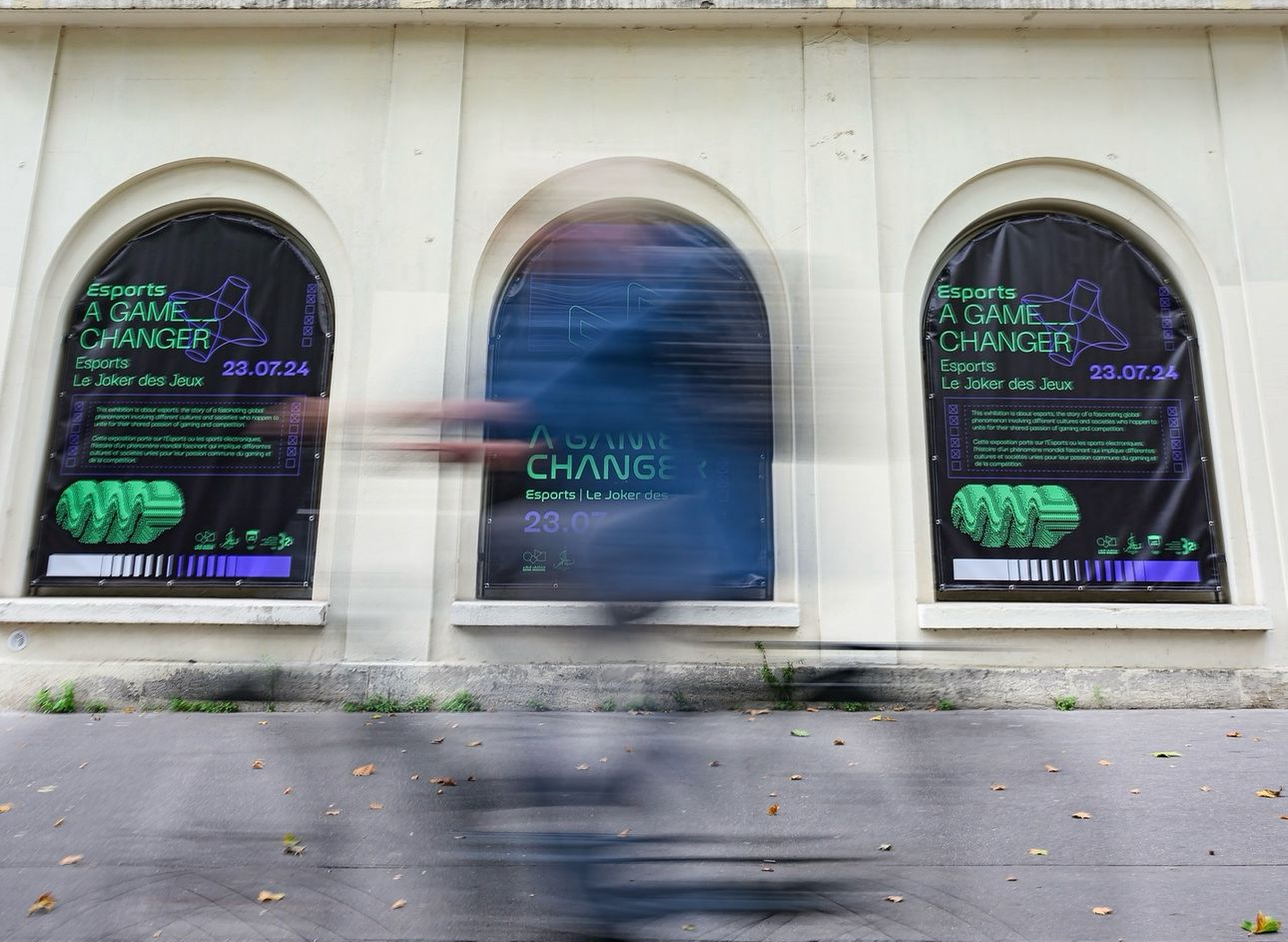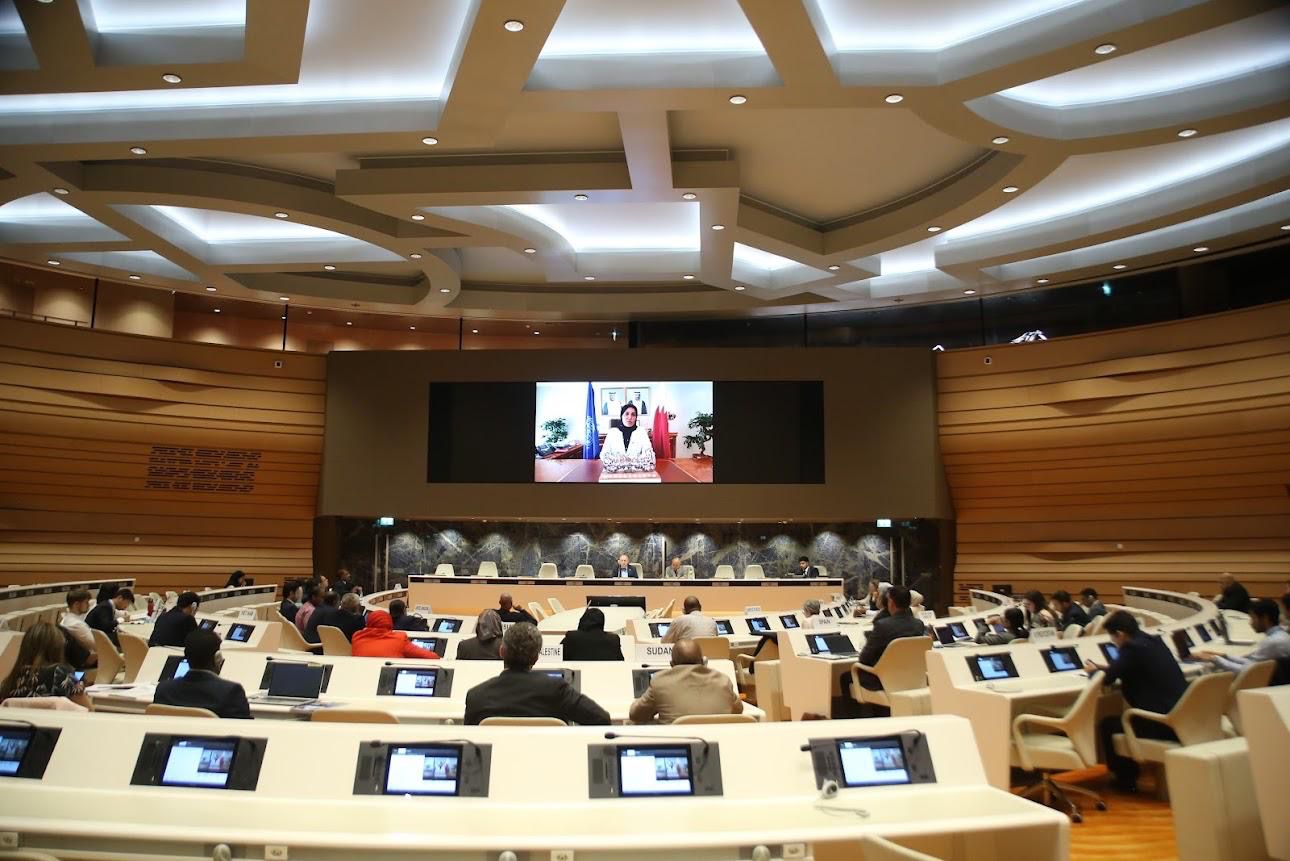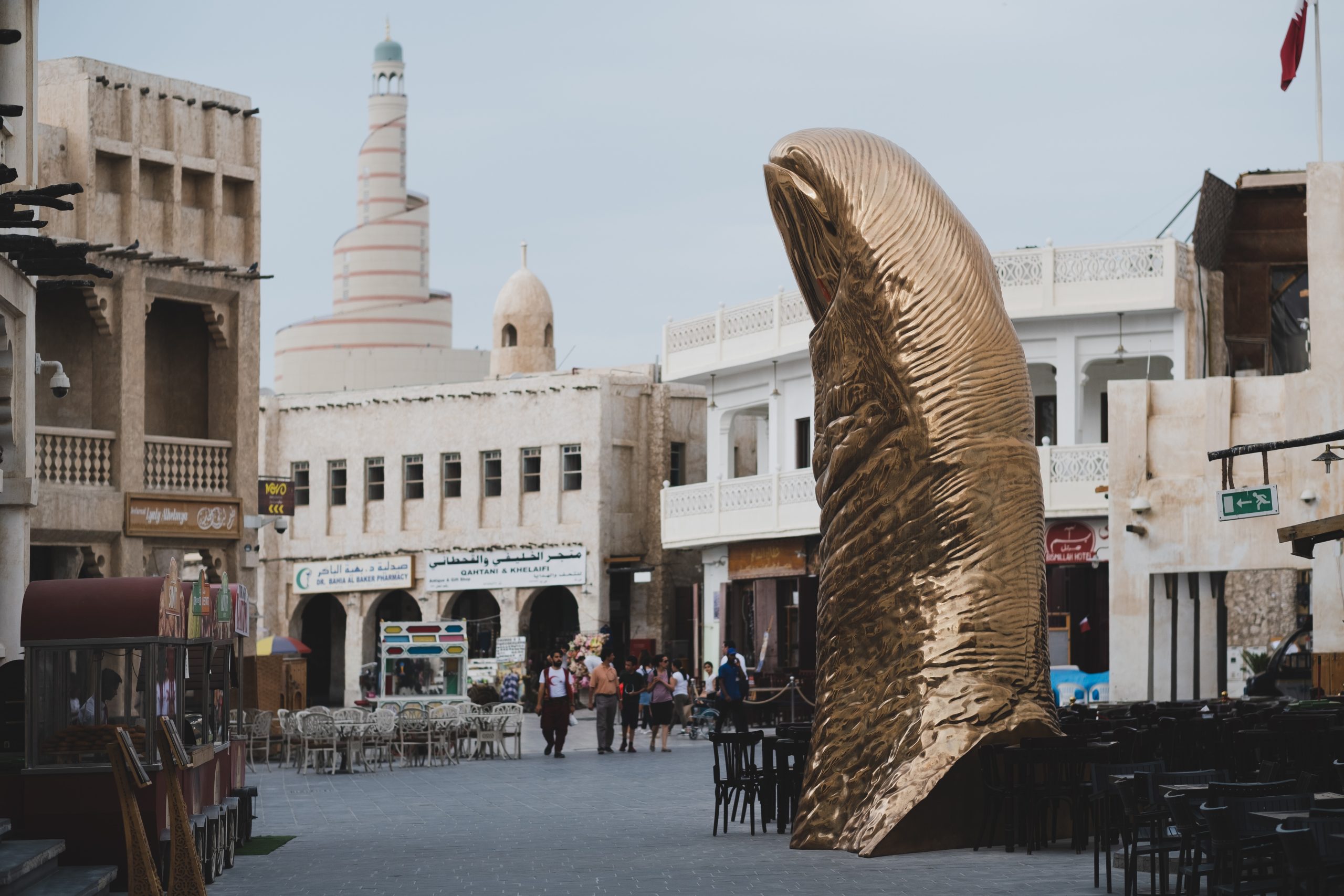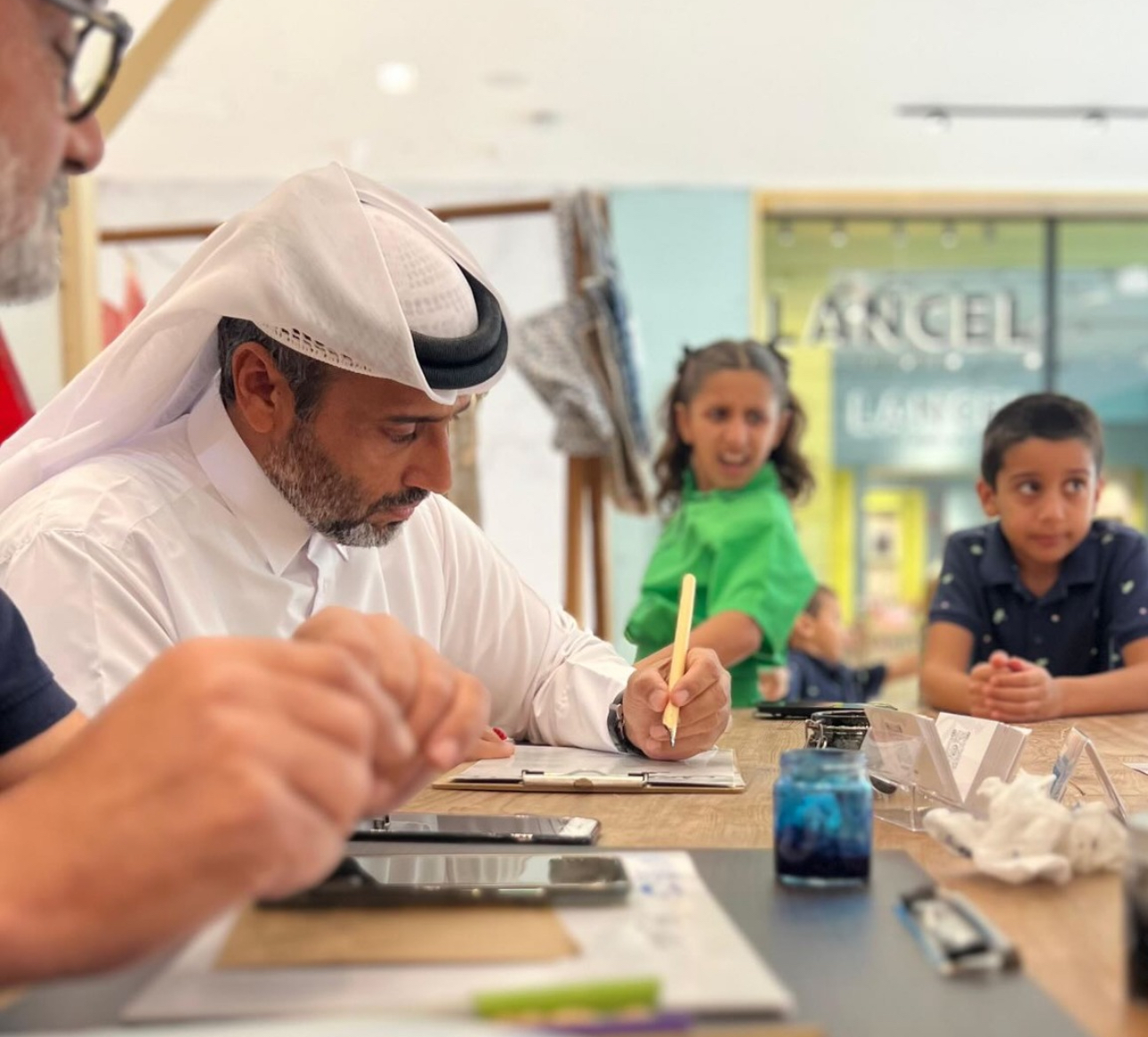
Though Qatar’s population growth is needed to support its infrastructure projects, it has prompted the country to contend with many new risks, including social strains and environmental degradation, a senior official has said.
During a United Nations Economic and Social Council (ECOSOC) meeting in New York this week, Dr. Saleh Bin Mohammad Al Nabit, Minister for Development Planning and Statistics, joined officials from nine other countries in making voluntary presentations about how they were progressing with their development goals.
Referencing a report submitted by Qatar to the UN earlier this year, Al Nabit said balancing economic growth with social development and environmental protection has been difficult.
According to the report, challenges have included:
- Social issues: Schools, hospitals and housing were not built to accommodate such a rapidly growing population, and “some Qataris may feel crowded out of services;”
-

Cultural problems: The potential exists for Qatari Arab and Islamic values and identity to be diluted – though interactions between the native population and expats may be limited by language and class barriers;
- Economic difficulties: If a large number of expats suddenly leave Qatar, the economy would be hit by a downturn in productivity – delaying projects – and also by a loss in their spending;
- Environmental issues: The rapidly growing population has caused “significant environmental degradation,” for example causing a scarcity in urban land and pollution caused by traffic congestion. This is expected to continue until infrastructure projects are completed, and population/behavioral patterns change; and
- Safety problems: The criminal justice system could be strained with more cases. Additionally, building safety could be compromised and as the roads get more congested, more traffic accidents are expected.
Road rage
According to the report, the number of road accidents resulting in a fatality or injury in Qatar increased 31 percent from 2008 to 2012. However, most of the rise came from minor injuries, and fatalities from traffic accidents fell by 11 percent.

But this was likely not because people began driving more safely. Rather, the report stated:
“The decline in the number of fatal accidents could be attributed in part to a slower movement of traffic as a result of the increasing congestion on the roads and to the faster response of emergency services and improved levels of medical care.”
Meanwhile, concern was expressed over the higher rate of road-related fatalities among Qataris, particularly youth – the rate per 100,000 Qataris declined from 25 to 2008 to 17 in 2012, but remained more than 50 percent above the country average.
Qatar is also struggling to decrease pedestrian deaths. The proportion of pedestrian fatalities fell from 32 percent to 28 percent in 2012, but the goal is to get the figure down to 17 percent by 2016. Most of those killed were non-Qatari men between the age of 20 and 44 years old.
Solutions
As part of the country’s National Development Strategy – a five-year plan that runs through 2016 – measures are being taken to mitigate some of the problems posed.
For example, Al Nabit pointed out that nationwide road safety and electricity/water conservation campaigns are well underway.
He added that sustainable development would only be possible with a productive workforce, which is why Qatar has been working to develop the talent of its young people and build up its knowledge economy.

However, those efforts sometimes come into conflict with the necessity of importing hundreds of thousands of unskilled and semi-skilled workers to fuel construction projects ahead of the 2022 World Cup.
Finally, the minister stressed that Qatar wanted to ensure a high level of well-being among Qataris and expats alike. Life satisfaction appears to be highest among Qatari males (90 percent), and lowest among expat males (78 percent).
Thoughts?








